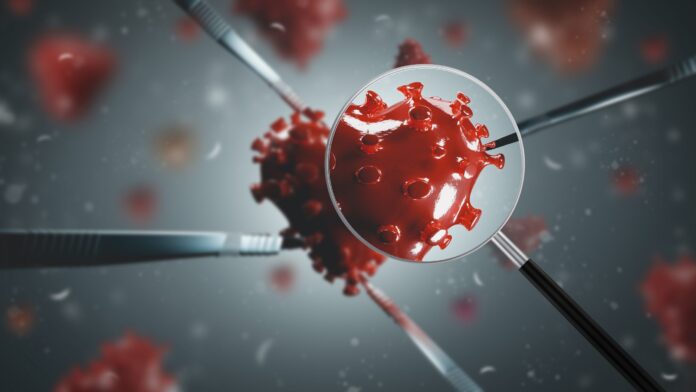and save lives ~
Half of Covid-19 patients who received a heart scan in hospital1 showed abnormalities in heart function, according to new research funded by the British Heart Foundation (BHF).
The study, published in the European Heart Journal – Cardiovascular Imaging, found that around one in seven showed severe abnormalities likely to have a major effect on their survival and recovery.
It also showed that one in three patients who received an echocardiography scan had their treatment changed as a result.
The findings suggest that heart scans could prove crucial for identifying patients who may benefit from additional treatments to improve their Covid-19 recovery and prevent potential long-term damage to their heart.
Researchers from the British Heart Foundation Centre of Research Excellence at the University of Edinburgh looked at echocardiogram results of 1216 patients from 69 countries with Covid-19.
An echocardiogram is a type of ultrasound scan used to look at the heart in real-time at a patient’s bedside.
The scan results were sourced from many Covid-19 hotspots around the world, allowing researchers to urgently understand the impact of Covid-19 on the heart while the pandemic was at its peak.
In the study, over half (55 per cent) of all patients, including those with pre-existing heart disease, showed abnormal changes to the way their heart was pumping, with around one in seven showing evidence of severe dysfunction.
The majority (901) had no known heart disease before the study and showed similar changes. Almost half (46 per cent) and one in eight (13 per cent) showed abnormal changes and severe dysfunction respectively. These changes were observed for the first time during the patients’ Covid-19 illness and the researchers believe they could be due to the effects of the virus.
In the study, one third of patients had their treatment changed as a result of the echocardiogram. This included being given medicines for heart failure, or more careful control of fluids and therapy designed to support heart function – treatments which could help save lives.
The researchers point out several limitations to their study given its observational design. During the pandemic the number of scans being carried out would have been carefully balanced with the risk of exposing staff, patients and equipment to the virus. Patients who received the scans were in hospital and had suspected heart complications, usually because they had abnormal blood markers reflecting heart damage. This study does not tell us how common heart changes are in people who did not receive a scan.
Professor Marc Dweck, British Heart Foundation Senior Lecturer and Consultant Cardiologist at the University of Edinburgh, said:
“Covid-19 is a complex, multisystem disease which can have profound effects on many parts of the body, including the heart. Many doctors have been hesitant to order echocardiograms for patients with Covid-19 because it’s an added procedure which involves close contact with patients. Our work shows that these scans are important – they improved the treatment for a third of patients who received them.”
“Damage to the heart is known to occur in severe flu, but we were surprised to see so many patients with damage to their heart with COVID-19 and so many patients with severe dysfunction. We now need to understand the exact mechanism of this damage, whether it is reversible and what the long-term consequences of Covid-19 infection are on the heart.”







